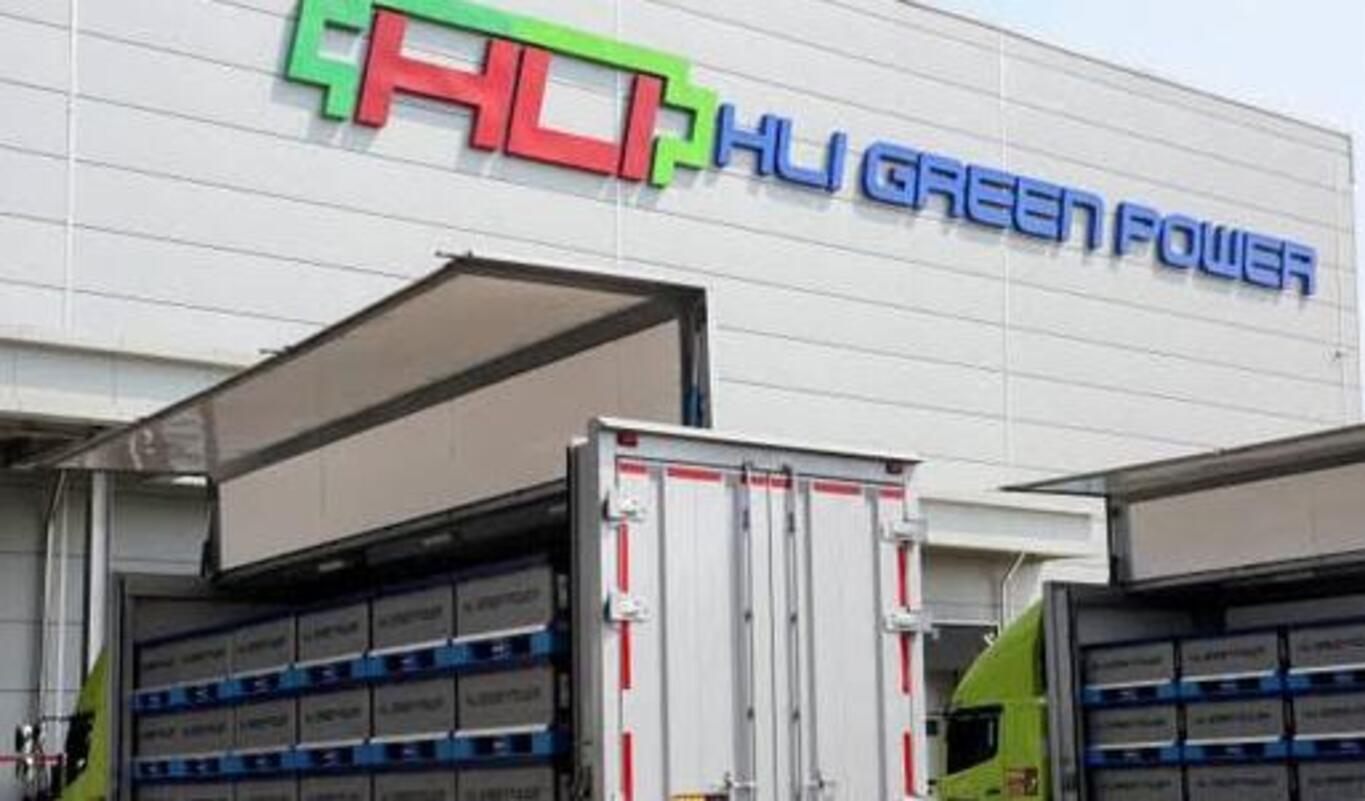In a bold move signaling its commitment to sustainable growth, PT Green Power Group Tbk (LABA) has embarked on a strategic initiative centered around Green Power Group acquisition synergy. Partnering with global investor Rich Step International Ltd (RSIL), LABA is proceeding with a majority acquisition of PT Bangun Karya Perkasa Jaya Tbk (KRYA). This well-orchestrated collaboration underscores a transformative pivot toward the energy transition ecosystem, especially within Indonesia’s expanding electric vehicle (EV) funnel.
Below, we explore how this Green Power Group acquisition synergy is set to redefine LABA’s trajectory, fortify Indonesia's renewables landscape, and impact broader industry dynamics.
Strategic Acquisition Sets Stage for Growth
On July 6, 2025, KRYA’s board officially announced the commencement of due diligence following site visits by RSIL’s Managing Director William Teng, alongside LABA President Director An Shaohong, represented by William Ong. This critical phase encompasses rigorous legal, financial, and tax verifications, marking a decisive step in executing the Green Power Group acquisition synergy.
The planned acquisition amounts to approximately 79.5% of KRYA’s shares, spanning two tranches: an initial 8%, followed by a larger 62% stake. Such a significant shareholding underlines LABA’s ambition to leverage Green Power Group acquisition synergy by consolidating control and aligning objectives with partner RSIL.
Renewable Ambitions Realized via EV Integration
One of the core drivers behind this acquisition is to bolster LABA’s presence in the renewable energy and electric vehicle sectors. Historically a steel and metal trader, LABA has progressively pivoted toward clean energy through investments in battery production and EV infrastructure.
By integrating KRYA into its operational fold, the synergy facilitates entry into downstream EV supply chains—battery subscription services, land asset management, and component manufacturing. This aligns with LABA’s strategic blueprint for 2025: targeting IDR 621 billion in revenue and IDR 40 billion in net profits. The Green Power Group acquisition synergy will funnel KRYA’s construction and industrial assets into this vision, catalyzing EV-related output and infrastructure.
International Collaboration Enhances Strategic Position
Partnering with RSIL is key to unlocking global best practices and capital infusion. As a Hong Kong–based industrial group, RSIL contributes rigorous due diligence protocols, international investment networks, and a global expansion mindset.
LABA’s president director, An Shaohong, emphasized the ambition "to become a leading, accountable player in Indonesia’s EBT sector" through this acquisition synergy. Meanwhile, KRYA’s president Dharmo Budiono expressed confidence that due diligence would yield a “foundation for mutual strategic collaboration.”
Market Response and Regulatory Transparency
Investor sentiment around the acquisition has been mixed. LABA’s shares surged by over 15% on the day the transaction was reported, while KRYA’s stock registered moderate fluctuations. The Indonesian Stock Exchange (IDX) responded by flagging unusual market activity and initiated inquiries. LABA clarified they disclosed all material information and no insider advantage exists.
This level of transparency is essential when orchestrating a large-scale Green Power Group acquisition synergy, ensuring that all stakeholders—from minority shareholders to regulators—are aligned with process integrity.
Key Pillars of Green Power Group Acquisition Synergy
Clear Strategic Asset Integration
Merging KRYA’s operational capabilities with LABA and RSIL’s renewable ambitions integrates industrial assets into an EV-focused value chain. These assets include land management, battery systems, and component manufacturing—core to realizing a vertically integrated EV ecosystem.
Empowered by Global Expertise
RSIL’s involvement brings heightened scrutiny and international standards, from structuring joint ventures to optimizing asset deployment. This ensures that the Green Power Group acquisition synergy leverages technical knowledge beyond domestic frameworks.
Financial Growth and Performance Targets
By transitioning from heavy industry to EV and renewables, LABA forecasts a dramatic escalation from annual revenues of IDR 10–15 billion to an ambitious IDR 621 billion by 2025. The acquisition synergy is instrumental in meeting and sustaining this growth surge.
Strengthened Market Perception
The acquisition synergy also improves LABA’s public image—shifting from a steel trader to a forward-looking green energy player—which holds strategic significance for accessing international capital markets and ESG-focused investors.
Outlook: What Comes Next
- Due Diligence Completion & Final Approval: Over the next weeks, legal and financial inspectors will validate asset quality, liabilities, and forecasts.
- Shareholder Ratification: LABA, RSIL, and KRYA’s primary shareholders must endorse the acquisition through general meetings.
- Post-Acquisition Integration: Moving swiftly, LABA and its partners will operationalize EV-related units, redirect capital, and repurpose KRYA’s industrial capabilities.
- Ramp-up & Performance Monitoring: With integration underway, LABA aims to meet or exceed its 2025 revenue projection, leveraging synergy operational KPIs.
Why This Matters to Investors and the Sector
The Green Power Group acquisition synergy extends beyond corporate rebranding. It encapsulates a systemic shift toward industry decarbonization, sustainable transport, and energy independence. Indonesia’s push toward EV adoption and renewable energy infrastructure depends heavily on successful collaborations like this—blending domestic footprint with global resources for real-scale impact.
For investors, this signals both financial upside—via projected revenue growth—and strategic alignment with long-term environmental, social, and governance (ESG) objectives. Industry peers also gain from the model, as others look to replicate the synergy by forging global partnerships to accelerate the clean energy transition.
Read More






 Wednesday, 04-03-26
Wednesday, 04-03-26







